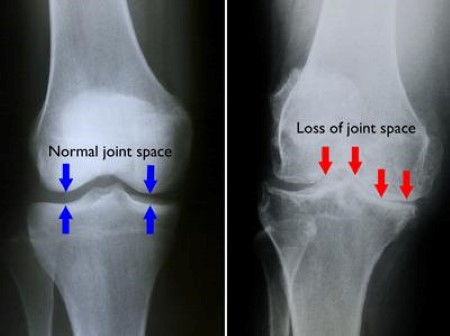Tel: 07498 699743 email: birminghamknee@gmail.com SUBMIT AN ENQUIRY
Common Conditions treated
Meniscal Tears
The meniscus is the knee's natural shock absorber, and acts as a cushion between the shinbone and thigh bone at the knee.
Meniscal tears commonly occur during twisting injuries, but can also occur as part of the natural aging process. Symptoms often including pain, locking, clicking and a feeling of instability in the knee.
Depending on the cause of the tear, the type of tear and the severity of symptoms, we offer a full range of treatments from physiotherapy to keyhole (arthroscopic) meniscus repair or trimming. Wherever possible, we try and maintain as much of the meniscus as possible, to reduce the long-term risk of arthritis in the knee.
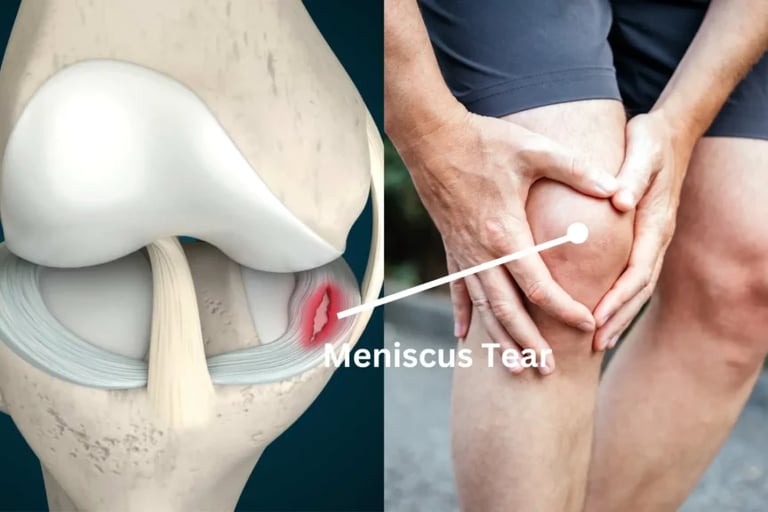

ACL tears and other ligament injuries
The Anterior Cruciate Ligament (ACL) is one of the most commonly injured ligaments in the knee. Injury usually result from sports, accidents, or an awkward landing. A pop if often heard at the time of the injury, and the knee usually swells up straight away. Symptoms may include a feeling of instability, recurrent popping, lack of trust in the knee, and inability to return to sports. The ACL can be injured on its own, but it can often occur with a meniscus tear as well. It can also sometimes be injured with the other ligaments in the knee - the PCL, MCL or LCL, and when this happens, it is called a multiple ligament knee injury.
Depending on your symptoms, what other structures are injuries and what your goals are, we will tailor a personalised treatment plan to get you back to doing what you enjoy. This may include surgery, and you can rest assured that if you do need surgery, we will use the latest minimally-invasive techniques to maximise your recovery and outcomes, whatever your goals may be.
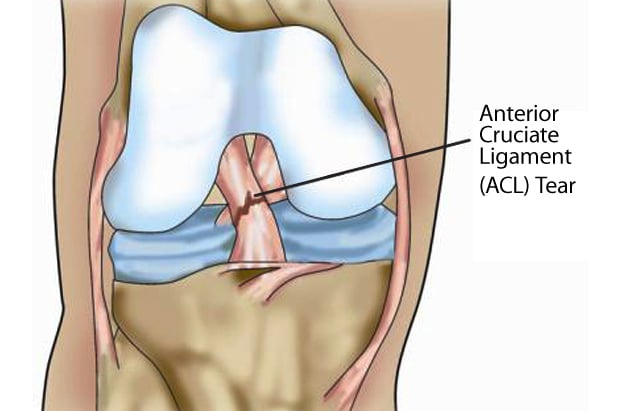

Patella (knee cap) dislocations
A patella dislocation happens when the kneecap (patella) slips out of its normal position, usually to the side of the knee. This can occur due to a sudden twist, fall, or direct impact, especially during sports or awkward movements.
For first time dislocations, the recommended treatment is usually a structured physiotherapy and rehabilitation programme, unless there are pieces of dislodged cartilage. For repeated dislocations, surgery is recommended and can successfully stabilise the knee-cap. What surgery is required depends on the pre-disposing factors in the knee that contributed to the dislocation. Mr. Alanie has a tertiary referral practice in the NHS and sees patients with complex knee cap problems, and aims to offer a highly bespoke and individualised surgical treatment plan to address these issues, stabilise the knee cap and get your knee back to health.
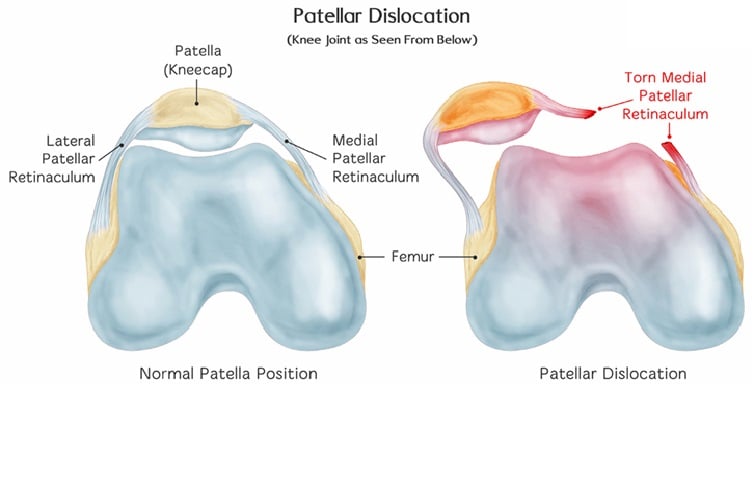

Articular cartilage damage
Articular cartilage is a smooth, white layer that lines the bones in the knee and helps them to glide easily against each other. Sometimes this lining is damaged, and this can occur through injuries, wear and tear, or loss of the blood supply to a specific area of the knee. Symptoms usually include pain, swelling and a feeling of something catching in the knee.
There are a variety of different treatments for this problem, and the choice of treatment depends on the size, depth and location of the damaged area. Mr Alanie works in a specialist cartilage treatment centre in the NHS, and is trained in a number of different cutting-edge techniques which aim to fill the missing area with cartilage-like tissue, with the aim of relieving pain, improve function and preserve the knee joint.
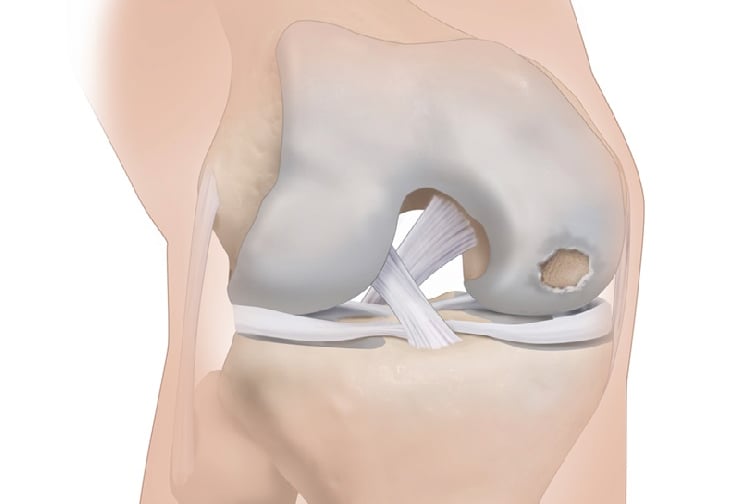

Knee Arthritis
The knee is the most commonly affected joint with arthritis. This occurs as we get older, or following previous injuries to the knee. Patients usually complain of pain and stiffness, which can be made worse after activity, towards the end of the day or with the cold and damp weather.
Mr. Alanie treats patients of all ages and with different stages of arthritis. This can include:
Mild Arthritis: Early signs of arthritis often improve with physiotherapy, changes to daily habits, and targeted injections to reduce pain and inflammation.
Moderate Arthritis: At this stage, we offer a variety of advanced non-surgical and surgical treatments to help protect and maintain your joint for as long as possible.
Severe Arthritis: When the joint is badly worn out, we may recommend surgery — such as a partial or full knee replacement — carefully chosen to match your lifestyle and personal needs.
